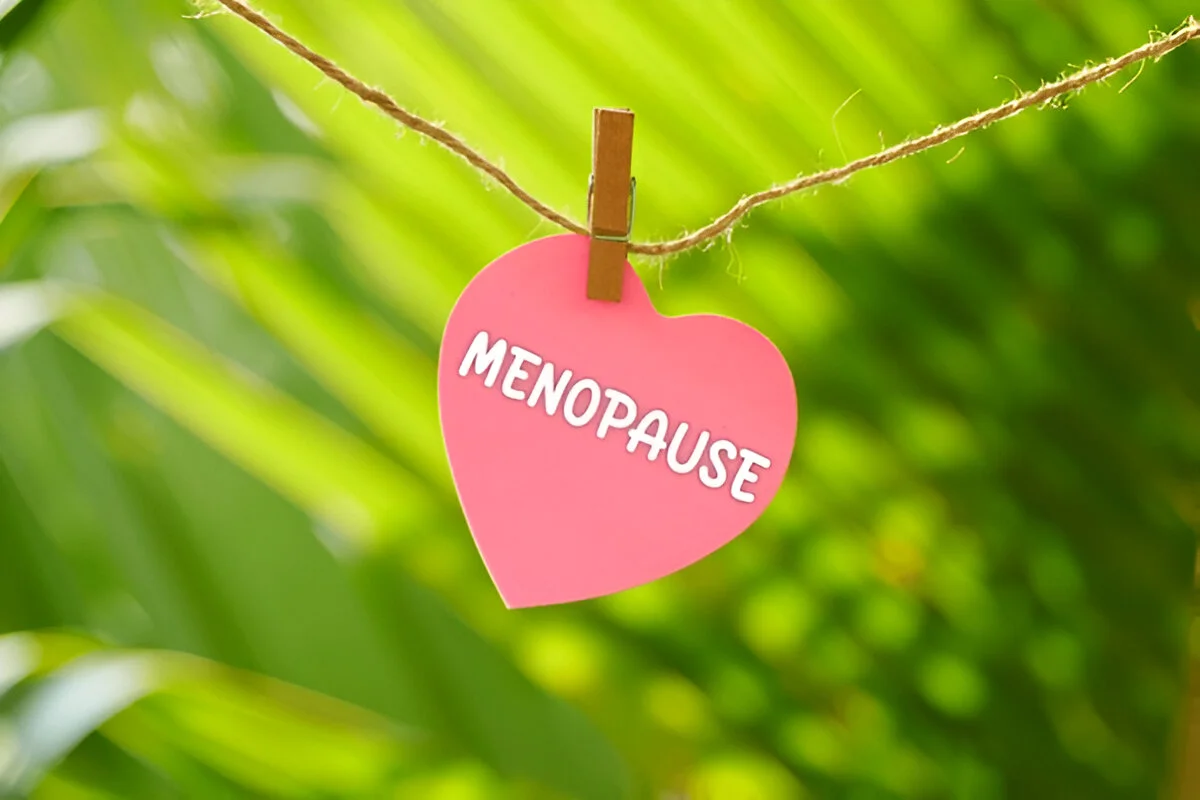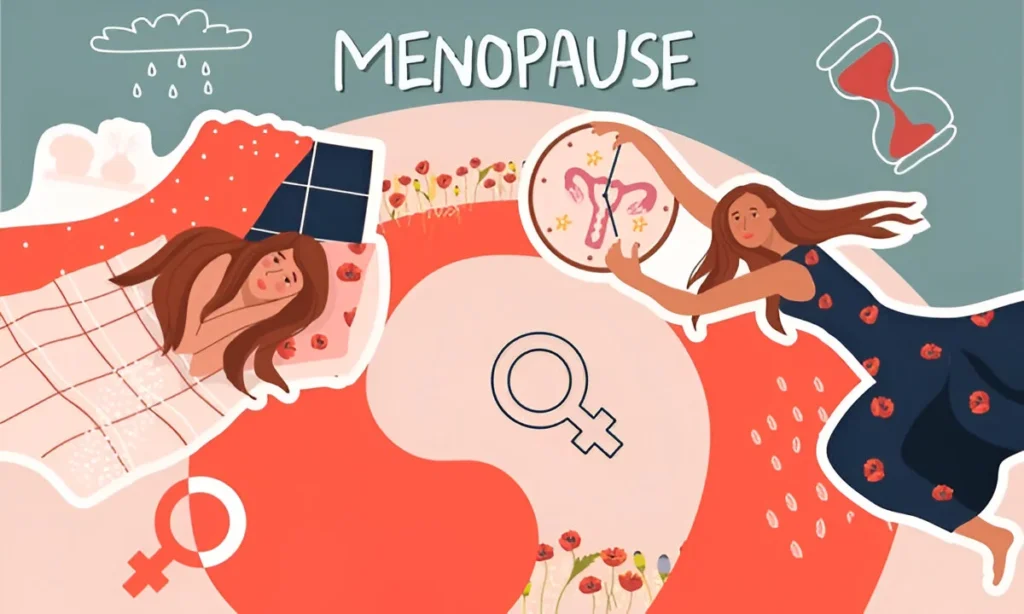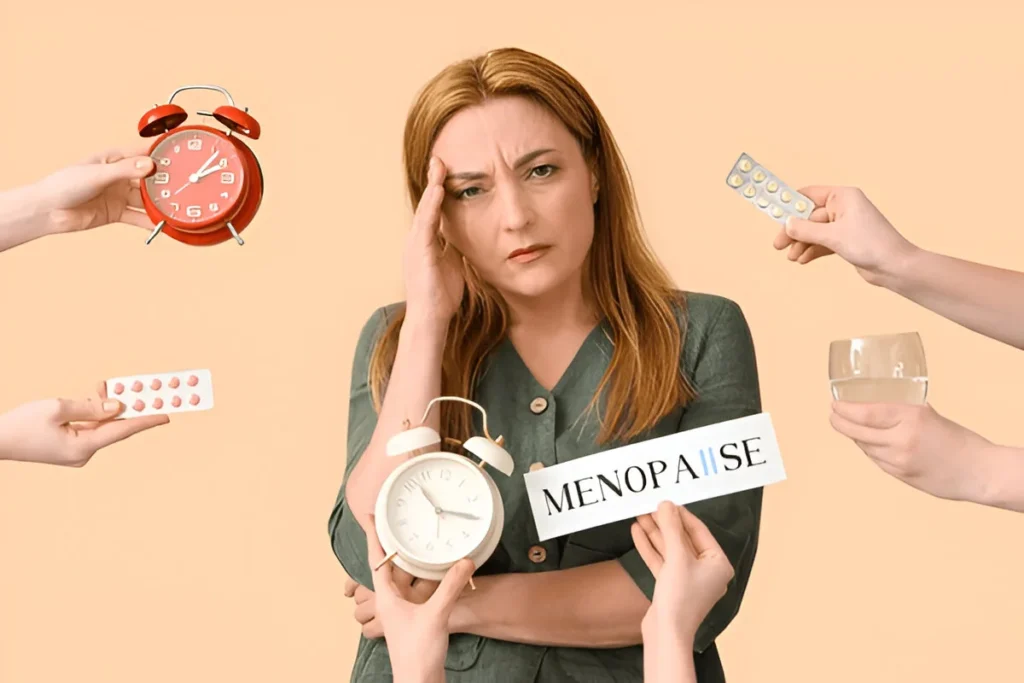-
Ganesh Talkies, Kolkata
Ganesh Talkies, Kolkata

Myths about menopause can lead to confusion and unnecessary worry. Learn the facts, guided by insights from a reputed gynecologist.
Menopause is a natural life stage every woman experiences, yet it is often surrounded by misunderstandings, outdated beliefs, and cultural taboos. These myths not only create unnecessary anxiety but also prevent women from taking the right steps toward their health and well-being. By separating fact from fiction, women can approach menopause with confidence, clarity, and the right medical guidance.
Menopause marks the end of a woman’s menstrual cycles and is diagnosed after 12 consecutive months without a period. It typically occurs between ages 45 and 55, although the timing can vary. It’s not a disease or an abrupt stop to life’s vitality — it’s simply a new hormonal phase that affects the body in various ways.

Let’s address some of the most persistent myths about menopause and replace them with accurate, science-backed information.
Many believe menopause is an overnight event — one day you have your period, and the next, it’s over. In reality, menopause is a gradual process.
The truth: Most women go through perimenopause, a transitional period lasting several years before menopause, marked by irregular cycles, hot flashes, and mood changes. Understanding this transition helps in better symptom management.
Cultural stereotypes often portray menopausal women as “past their prime.”
The truth: Menopause does not diminish a woman’s worth, beauty, or vibrancy. Many women find renewed confidence and freedom in this stage of life, focusing more on personal goals and self-care.
While hormonal changes can make weight management challenging, it’s not inevitable that you’ll gain extra pounds.
The truth: Lifestyle choices, physical activity, and nutrition play a more significant role in weight control than menopause alone. Regular exercise, strength training, and balanced meals can help maintain a healthy weight.
Stories about HRT causing severe side effects have discouraged many women from considering it.
The truth: Modern HRT is tailored to individual needs and, under proper medical supervision, can significantly improve quality of life by easing severe symptoms. The decision should always be personalized and discussed with a qualified gynecologist.
The assumption that menopause automatically leads to low libido or discomfort is misleading.
The truth: While hormonal shifts can cause changes in sexual health, solutions like lubricants, pelvic floor exercises, or medical treatments can address discomfort and rekindle intimacy.

Believing in false information about menopause can lead to:
A well-informed approach ensures women enter menopause empowered, not anxious.
Taking control of your health during menopause involves a mix of self-awareness, medical guidance, and proactive habits.
Navigating menopause can feel overwhelming, especially when you’re unsure what’s normal and what’s not. Consulting an experienced and empathetic gynecologist ensures:
Expert insight can make the difference between struggling through menopause and embracing it as a positive life stage.

1. At what age does menopause usually occur?
Menopause typically occurs between 45 and 55 years of age, but some women may experience it earlier or later.
2. Can menopause be delayed naturally?
While genetics play a role in determining menopause timing, a healthy lifestyle can support hormonal balance.
3. Do all women experience hot flashes?
No. While common, hot flashes don’t affect everyone, and their severity can vary.
4. Should I take supplements during menopause?
Supplements like vitamin D, calcium, and omega-3 fatty acids may help, but always consult a gynecologist before starting any regimen.
5. Is menopause linked to heart disease?
Yes, lower estrogen levels can increase heart disease risk, making lifestyle management and check-ups important.
Menopause is not the end of vitality — it’s a natural stage that, when approached with the right mindset and accurate information, can be empowering. By letting go of persistent myths about menopause and focusing on science-backed facts, women can make informed choices about their health. Consulting the best lady gynecologist in Kolkata can ensure personalized care, emotional support, and effective symptom management. With the right guidance, this life transition can become a period of renewed energy, self-discovery, and overall well-being.